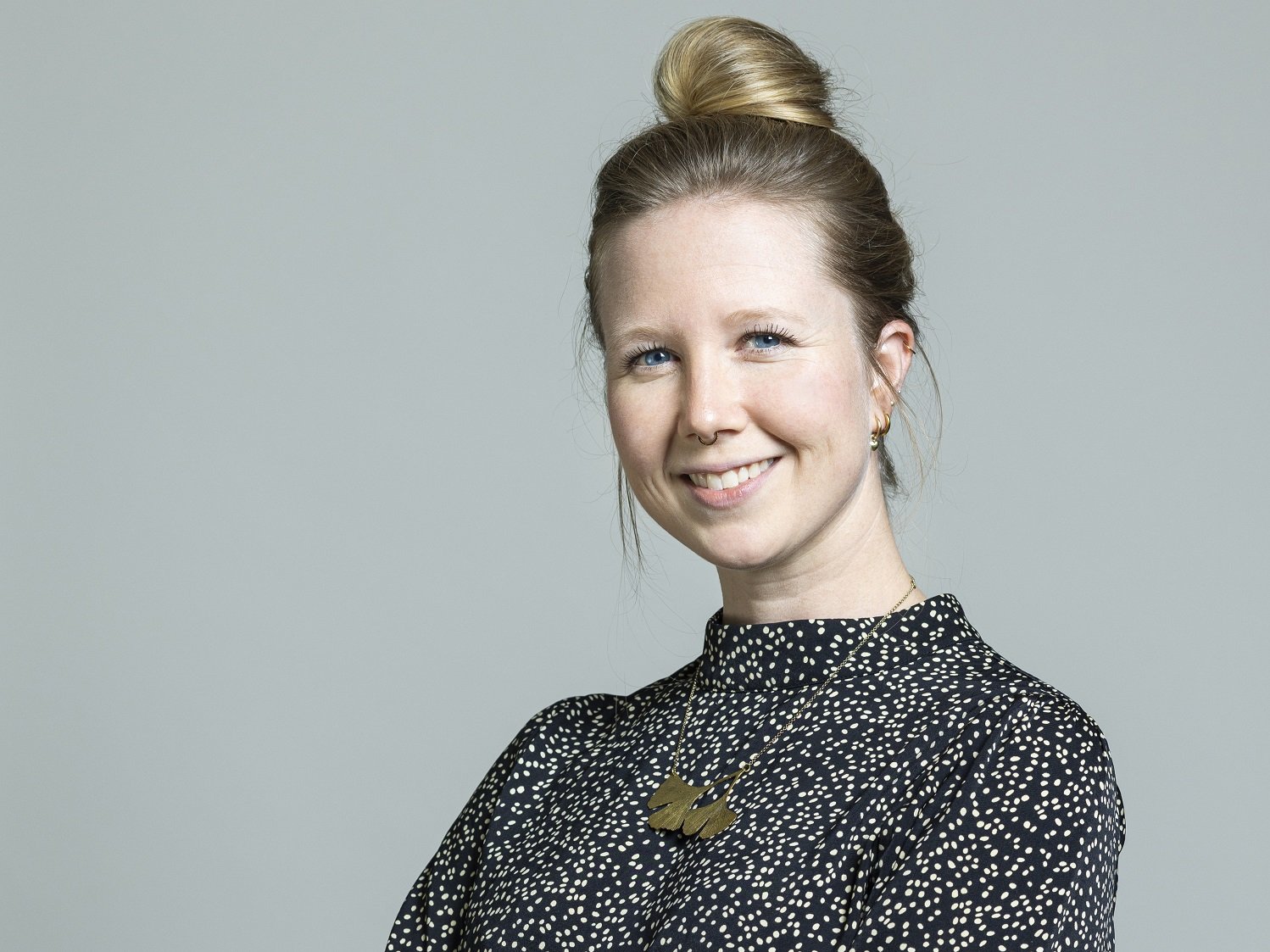+49 234 36186 9399
britta.koehler@pknrw.de
Do you have any questions about the Department or need further information? Please contact us.
The Department of Construction and Culture conducts research through mutual exchange and the combined application of methods from the natural and social sciences, engineering and materials science, as well as design and the arts. Research is organized into four thematic areas: ‘Building Technology/Construction’, ‘Infrastructure’, ‘Space’, and ‘Culture’. While these areas are explicitly defined, they frequently overlap and complement each other.
The Department of Construction and Culture links the various aspects of design and planning with the construction, operation, use, and maintenance of spaces, buildings, objects (e.g., cultural heritage items and furniture), and infrastructure.
Beyond purely technical aspects of construction, this approach establishes a qualified connection to spatial design as a cultural technique and to the fundamental goals of building practice. These include providing high-quality buildings and spaces, designing them as cultural achievements within a historical continuum, enhancing the relevance of construction for responsible use and preservation of natural resources, and ensuring sustainable infrastructure for transportation, supply, and disposal.
The department adopts a broad understanding of culture, encompassing both immobile and mobile material cultural heritage across all cultures, without distinctions of value or genre hierarchy, from early human history to the present.
Building on this interdisciplinary understanding of construction and culture, the department develops new, socially relevant research approaches based on the specific expertise of its professors.
The research area ‘Construction and Infrastructure’ aims to provide a safe and stable environment for the long-term preservation of natural and cultural heritage with minimal resource consumption through interdisciplinary collaboration and the development of sustainable, intelligent construction methods. It also addresses the analysis of damage phenomena, causes, mechanisms, and prior restorations, including their materials and techniques, enabling the development of sustainable conservation strategies. Equally central is the development and testing of new materials and technical procedures for the conservation and restoration of art and cultural heritage, considering changing conditions, such as globalization and climate change.
Current issues and research questions in this area include mobility, building renovation, climate- and resource-efficient construction methods, modular construction, composite building techniques, digitalization in construction, and smart building engineering.
The research area ‘Culture and Space’ primarily addresses global urbanization processes and the associated transformational challenges, new forms of participation and co-production in design and planning, visions and utopias of urban futures, artistic design practices, and the conservation and preservation of cultural heritage, including contemporary heritage.
This area focuses on understanding the genesis of spaces, structures, and works, deepening knowledge within cultural studies contexts, and developing strategies for preservation and development. Research questions and challenges include the practice of designing, shaping, and preserving art, cultural heritage, urban and architectural spaces, and buildings from both synchronic and diachronic perspectives. The production conditions of art, architecture, and design—as well as the development and testing of innovative conservation and restoration strategies and methods, including their theoretical foundations in light of changing evaluations—are central objects of study. Moreover, the interdependence of spaces and social action, particularly in the context of global urbanization processes, and their political implications, form a complex field of research.
The department sees itself as an interdisciplinary research environment that promotes collaboration across established disciplinary boundaries. Its disciplinary roots are primarily in construction engineering, architecture, geodesy, cultural studies, and art and visual studies. In line with its mission to foster networking and collaboration in research, the department emphasizes the combined use of methods from the natural and social sciences, engineering and materials science, as well as design and the arts, and encourages reciprocal exchange between the disciplines of construction, architecture and urban planning, design, art technology, conservation science, and heritage preservation.
The department regularly organizes colloquia, methodology workshops, and lecture series. Since the summer semester of 2023, the Department has been offering the doctoral program ‘Built Environment and Cultural Heritage’.

Dr. Britta Köhler-Hoff
Coordination of the Department of Construction and Culture
+49 234 36186 9399
britta.koehler@pknrw.de
Do you have any questions about the Department or need further information? Please contact us.